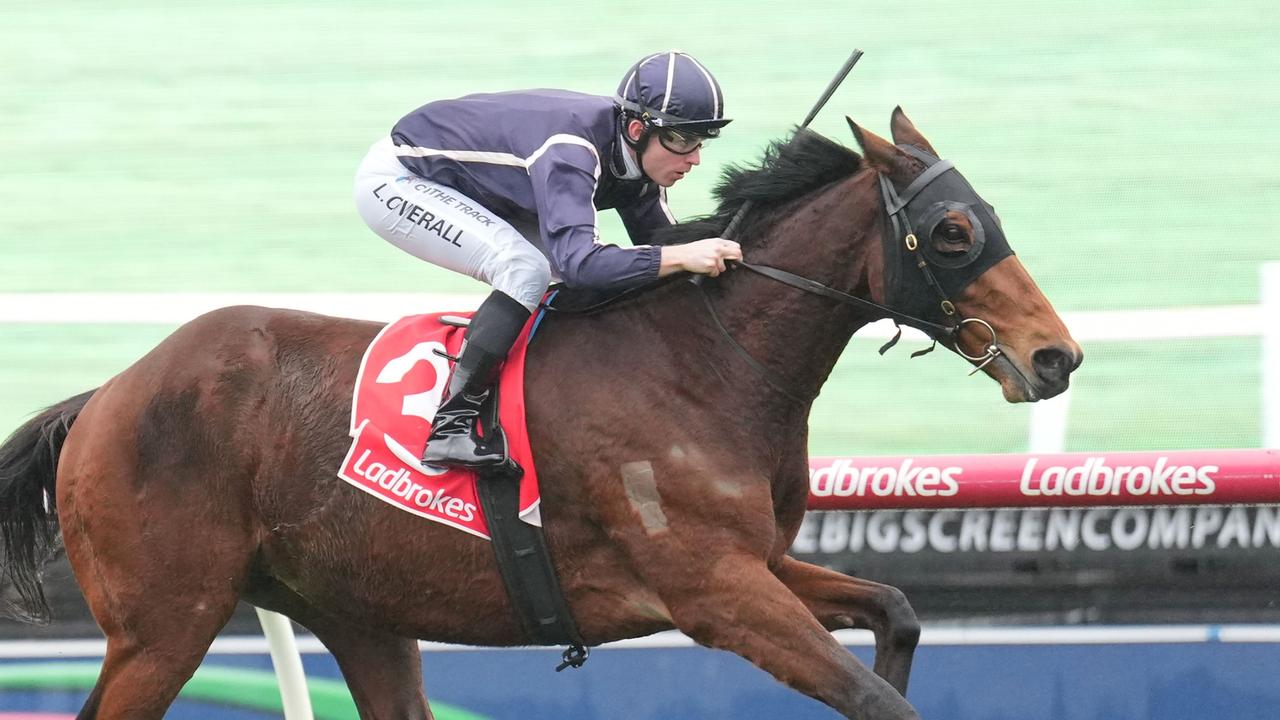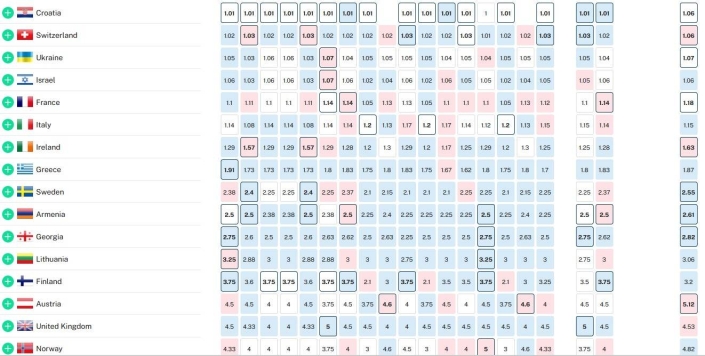Good news on the economy is sucking more and more investors into risky assets. A steady expansion in speculative spirits has pushed equity positioning to the highest level since January 2022. Investors have a clear overweight exposure to stocks after long refusing to budge off their underweight positioning, according to Deutsche Bank.
At the same time, a wide array of hedging metrics is showing low demand for downside protection. Put premiums for both Invesco QQQ Trust Series 1 (QQQ) and the SPDR S&P 500 ETF Trust (SPY) are hovering around the lowest levels in at least a decade, according to RBC Capital Markets. Additionally, investors are buying more calls to chase the rally while spending less to protect their gains.
“The market is just not ready to let go of the positive narrative. Hedging is outrageously cheap,” said Amy Wu Silverman, head of derivatives strategy at RBC Capital Markets. “There’s more driving of demand of calls from folks who are underperforming than those who have done well and need to hedge.”
While bullish bets are paying off now, all the optimism strikes some as worrisome, given the litany of hazards that still face investors. Markets showed their skittishness in Thursday’s session when the prospect of a mild policy tightening in Japan knocked the S&P 500 down more than 1 per cent intraday, though the drop was rolled back in the next session.
Brent Schutte, chief investment officer at Northwestern Mutual Wealth Management, is among those who say the euphoria has been taken too far. He recently revised equity positioning from overweight to neutral while moving to overweight bonds, and says a recession is still well within the realm of the possible.
“Those same people who are probably piling in right now were wrong about their outlook nine months ago and now they’re reversing course,” Schutte said. “I’m pushing in the opposite direction. The equity market will have some difficult months ahead.”
The Treasury market has lately seen fast-money short bets expanding, with hedge funds overall pushing up bearish wagers to historic levels. Leveraged funds have been boosting overall shorts on US bond futures since March, according to a gauge of aggregate net positions based on data from the Commodity Futures Trading Commission.
Fast-money quants known as commodity trading advisers have been amassing a big short bet since May. JPMorgan Chase strategist Nikolaos Panigirtzoglou estimates that they are sitting on a $US150 billion ($226 billion) short bond position that they may unwind in a rally.
The flip side of the extreme shift is that negative surprises can have an outsize influence. In March, banking turmoil caused equities to sink and Treasuries to rally, forcing commodity trading advisers to unwind $US200 billion of bonds in the span of a few days, according to JPMorgan Chase. A growth scare could reprise this episode.
Nevertheless, it will be hard to stop the market momentum. Strategists have revised upwards their S&P 500 targets and economists have softened their dire predictions. Some of the biggest downside risks threatening the economy – inflation rising to a four-decade high, a looming recession – have since faded.
“It would require a massive rally in bonds that would probably only occur with some sort of growth scare from a data shock,” said Charlie McElligott, cross-asset strategist at Nomura Securities International. “We have seen economic growth data hold, labour staying firm, and even US housing recovering.”
Bloomberg
Source: afr.com

George Barham, an accomplished journalist and avid gambling enthusiast, serves as the esteemed Editor-in-Chief at fly-to-australia.com, Australia’s leading source for comprehensive gambling news and insights. With an unwavering passion for both the written word and the ever-evolving world of betting and gaming, George brings a wealth of knowledge and expertise to the helm of our editorial team.




